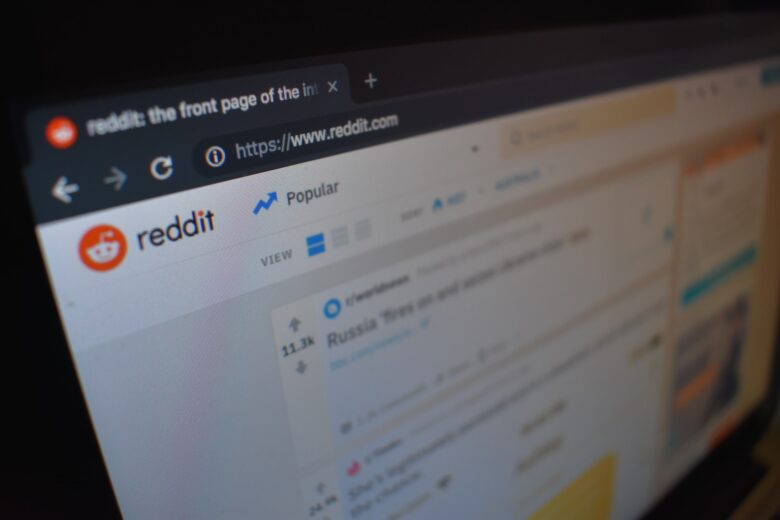None of the once spontaneously created start-ups had any guarantees of success. They all started from scratch, with no evident prospects for the future. Frequently, successful start-up founders are considered nothing less than superhumans, when in fact, they are ordinary residents of this planet, who one day just decided to turn their fantasy into reality. Of course, it was not without motivation, calculation, preparation, and plans. Besides, college-goers did not forget about studying itself – in many ways, resources similar to PaperWriter.com helped them with their writing assignments in various disciplines.
Let’s be honest: every student dreams of going to bed and waking up famous. The surest way to gain success is to invent something new. To do this, young creators do not have to be geniuses; they just need to have a strong belief in themselves and use the available resources correctly. And, of course, they should not be afraid of dropping out of the higher institution.
We have all heard about student projects that have changed the world and enriched their founders. Here is a list of some of the world-famous companies whose concept was born in the minds of students:
- Microsoft
- Yahoo
However, the host of successful enterprises and organizations does not end there. Below is a list of the most successful and unusual start-ups that were born in student dormitories.
Facebook (2004)

Image source: unsplash.com
A promising and proactive Harvard student Mark Zuckerberg and his classmates founded, perhaps, the most known social network named “Facebook” in 2004. At first, the start-up appealed to young people and then attracted an older audience. Today, it brings its creator billions of dollars and crazy success. Zuckerberg organized its start-up while still attending the university and then advertised it in other tertiary institutions. In 2007, he announced that the platform was open to all users over the age of 13. For the present, the number of Facebook users exceeds 1.1 billion, and this figure includes only active accounts used by real people. Users of MySpace and other famous networks of the past quickly moved to Zuckerberg’s social network, which has been on a roll for many years and is not going to give up its position.
Reddit (2005)

Alexis Ohanian and Steve Huffman, students at the University of Virginia, created the now-popular Reddit in 2005. The idea was to establish a news site organized based on the principle of network portals 2.0 (two-sided communication). Huffman and Ohanian created a global portal for the exchange of all types of news content. Any user can follow what is posted on the Reddit platform; the ability to vote for or against a particular post is provided only through registration. Voting raises some posts in the feed, and others disappear altogether. As of today, Reddit has around 30 employees, and the site is the 18th in global internet engagement, according to research company Alexa. Many novice start-ups can post news about their projects on the platform, informing the world about their ideas.
Dropbox (2007)
Two tech-savvy attendees of the Massachusetts Institute of Technology (MIT) Arash Ferdowsi and Drew Houston decided to challenge the traditional email, through which users usually cannot send “heavy” files. They came up with a service where users can store content and forward it to anyone without size restrictions. One of Dropbox’s main innovations was that a user could create a folder directly on their desktop and drop files that they want to add to the main content there. Many cloud services have adopted Dropbox’s concept, but it still attracts the largest audience of 200 million users.
Pinterest (2010)

Image source: unsplash.com
The founder of the widely popular social platform Pinterest, Ben Silberman, who comes from a family of medical workers, assumed that he would follow the same career path. After a few years at Yale, he soon realized that becoming a doctor was not his dream. After working at Google and failing at the app development, Ben came up with a somewhat different idea. Over a decade ago, Silberman, along with his college friends Paul Sciarra and Evan Sharp, started working on a website where people could boast collections of pictures displaying their things of interest in the form of an interactive pinboard. Ben personally wrote an email to the platform’s first 7,000 users, offering his phone number and even meeting some of them. The very name of the Pinterest project was born over Thanksgiving dinner.
Snapchat (2011)

Inventive and ambitious Stanford students Robert Murphy and Evan Spiegel have created an innovative messenger in which messages can appear and disappear without a trace. Users of Snapchat may send photos, videos, and texts to a list of other users or just one person and set a timer. Because of this, people closely monitor updates to messages that may vanish into thin air at any moment. The unique start-up has prompted Google and Facebook to buy it for $4 billion and $3 billion, respectively. Then the creators of the project decided not to sell it and keep the platform to themselves. This decision proved to be the right one since the Snapchat messenger is gaining more users every day.
As you can see, many students dreamed, envisioned their business of a lifetime, and did it. So, you also have great chances for success, even under very tight deadlines and pressing duties. The only thing you need is a good idea and a bit of perseverance.




